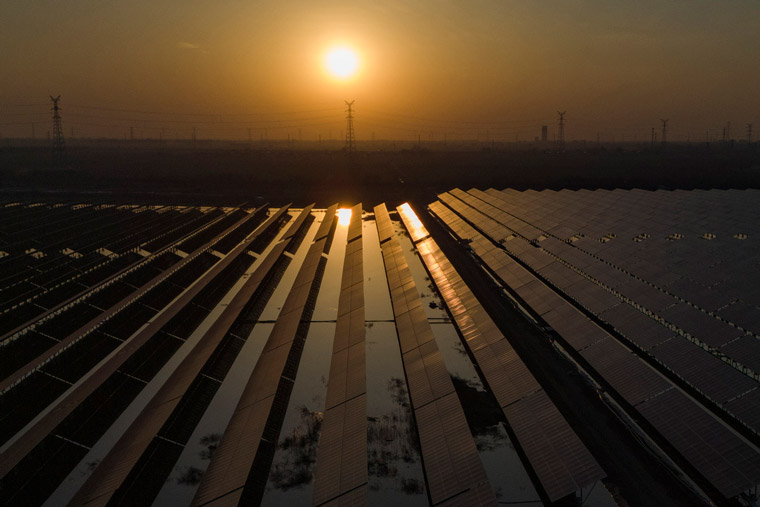The US Court of International Trade (CIT) has ruled against President Joe Biden’s 2-year solar tariff moratorium on Southeast Asian imports. The CIT ruled that a 2022 executive order made by the former president was illegal, and Customs and Border Protection (CBP) should not have followed it.
Opponents in the solar industry fear the ruling could cost “billions in retroactive duties, with estimates ranging between $54 billion and $67 billion for 71 to 88 GW of imports”.
Proponents of the ruling say that “the Biden administration’s solar moratorium was blatantly illegal, shamefully pro-China, and devastating to America’s solar manufacturing base”.
The Coalition for a Prosperous America (CPA) applauded the U.S. Court of International Trade (CIT) for ruling that the Biden administration’s two-year suspension of solar duty collections was unlawful. The decision paves the way for retroactive tariffs on tens of billions of dollars in solar gear imported from Southeast Asia—tariffs that were deliberately blocked by the Biden White House to benefit China’s solar industry and its lobbyists in Washington.
“The CIT’s ruling confirms what CPA has said all along: the Biden administration’s solar moratorium was blatantly illegal, shamefully pro-China, and devastating to America’s solar manufacturing base,” said Jon Toomey, President of CPA. “The Court’s decision finally brings accountability, ensures billions in illegally suspended duties will be collected, and sends a strong signal that the U.S. must never again give China a free pass to dump subsidized solar products into our market.”
CPA strongly opposed the Biden solar moratorium from the outset, warning that it would eviscerate U.S. solar manufacturing. After the moratorium was implemented, CPA led the fight to repeal the action by working with a bipartisan group of lawmakers in Congress. Despite the House and Senate passing bipartisan legislation to repeal the moratorium, President Biden vetoed it.
Earlier this year, CPA released a landmark U.S. Solar Supply Chain Report showing how the moratorium allowed China to tighten its stranglehold on the global solar industry by laundering panels through Southeast Asia. CPA’s Economics Team also modeled the revenue impact of the moratorium, showing that retroactive collection of the suspended duties would result in billions in tariff revenue—funds that should have supported American industry rather than subsidized Beijing’s market dominance.
Now that the CIT has ruled, the Trump administration must act swiftly to ensure the retroactive duties are collected in full.
Solar Power World provided more background on the issue:
This all stems from a lawsuit filed by solar panel assembler Auxin Solar asking the international trade court to review the legality of a two-year tariff pause President Joe Biden ordered on solar panels imported from Cambodia, Malaysia, Thailand and Vietnam. The president ordered the pause while the Dept. of Commerce investigated whether Chinese solar panel manufacturers were working in the four Southeast Asian countries as a way to circumvent existing antidumping/countervailing duties (AD/CVD). At the time of the investigation, solar panels from Southeast Asia made up 80% of supply in the United States, and exporters stopped bringing in more panels for fear of high retroactive duties. Biden’s two-year tariff pause was to ensure a sufficient supply of solar panels to meet domestic electricity generation needs.
Auxin claimed that the president’s June 2022, executive order was “an abuse of discretion” and tariffs should have been collected.
The CIT in August decided Auxin was right, vacating the Dept. of Commerce’s guidelines for following the president’s executive order. Retroactive duties will now be collected on Southeast Asian solar cells and panels imported between April 1, 2022 (the date the circumvention investigation was initiated) and June 6, 2024 (the expiration of the executive order emergency).
As of the time of this publication, other solar organizations had not issued comments on their websites.
Tagged with solar, tariff





